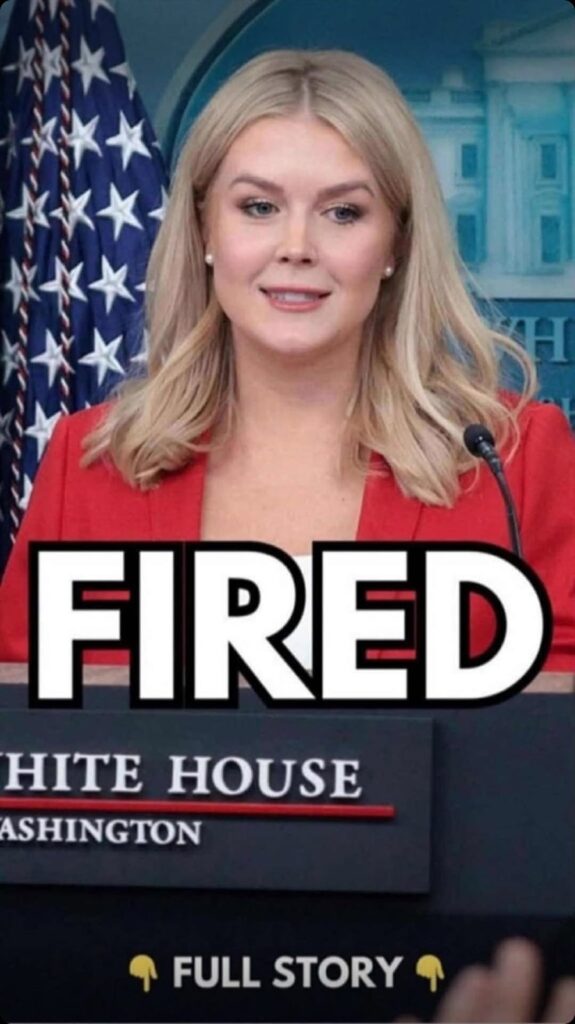In a surprising and politically charged move, the head of the Federal Emergency Management Agency (FEMA) has been officially removed from office following controversial remarks delivered during a recent Congressional hearing. The decision has sent shockwaves through Washington, D.C., and raised questions about transparency, leadership accountability, and the future direction of national disaster response.

🔥 What Happened During the Congressional Testimony?
Earlier this week, the now-former FEMA administrator appeared before the House Committee on Homeland Security to answer questions about the agency’s preparedness for the upcoming hurricane season and its handling of past disasters. During the session, the official made several blunt and, according to some lawmakers, “inappropriate and politically charged” statements that quickly sparked controversy.
Among the most criticized remarks was a claim that “certain regions of the country receive preferential treatment in federal aid based on political affiliations.” The comment triggered immediate backlash from both sides of the aisle, with lawmakers calling the statements “deeply troubling” and “undermining the credibility of a neutral federal agency.”
🚨 White House Responds Swiftly
Within 48 hours of the testimony, the White House released a statement confirming the dismissal:
“The President has accepted the resignation of the FEMA Administrator effective immediately. FEMA remains committed to its mission of impartial disaster response and the protection of all American communities, regardless of political context.”
While labeled as a resignation, several insiders and media outlets suggest the departure was anything but voluntary.
🗣️ Public and Political Reactions
The reaction from the public has been mixed. On social media, many praised the decision as a necessary step to maintain the integrity of FEMA, while others criticized it as a “knee-jerk reaction to uncomfortable truths.”
Senator Lisa Graham (R-TX) commented:
“It’s important that FEMA remains a politically neutral organization. Any perception of bias damages the trust communities place in emergency services.”
On the other hand, Rep. Monica Delgado (D-CA) argued that the testimony revealed serious flaws that need to be addressed rather than silenced.
🏚️ What This Means for FEMA Going Forward
FEMA is already under scrutiny for its response times and efficiency, especially following the devastating wildfires in the West and floods in the South. The sudden leadership change raises concerns about operational continuity just weeks before the peak of hurricane season.
An acting administrator has been named, and the Department of Homeland Security has promised a thorough internal review of the agency’s practices and communication strategies.
📊 A Crisis of Trust?
Critics argue that FEMA has been walking a tightrope for years, balancing public trust with political pressures. This latest incident only deepens fears that disaster response may become entangled with partisan politics — something the agency has long sought to avoid.
If nothing else, the firing underscores the critical importance of clear, professional, and apolitical communication from public officials. As climate change accelerates the frequency of natural disasters, the country needs an agency it can fully trust.
📅 What’s Next?
A Senate confirmation process is expected to begin for the new FEMA head in the coming weeks. Meanwhile, officials urge that the agency’s day-to-day operations remain unaffected.
But questions remain:
- Will this firing restore faith in FEMA, or further divide public opinion?
- Could the former administrator’s claims of political bias prompt further investigations?
- What changes, if any, will be made to ensure FEMA remains neutral?
As the story develops, one thing is clear: America’s emergency response landscape has just experienced a significant shakeup.





